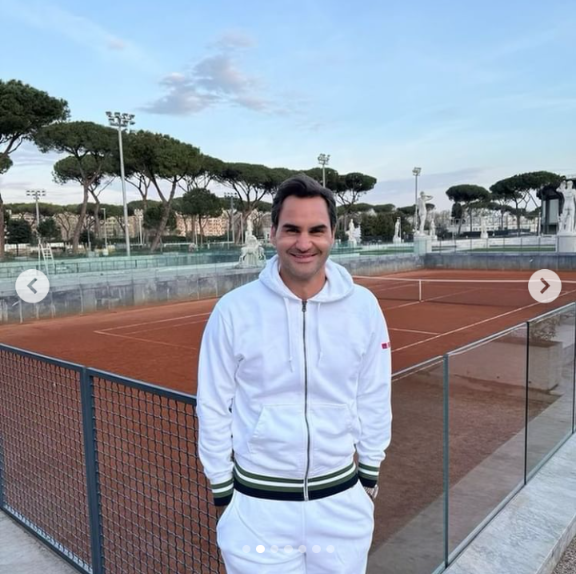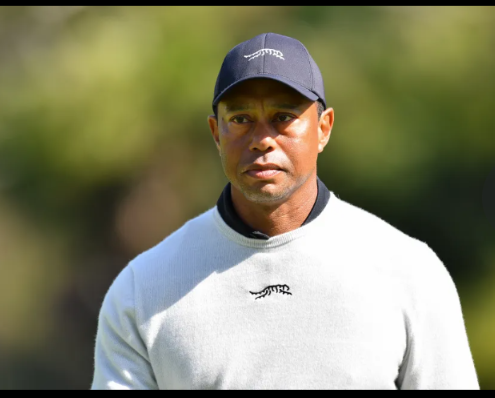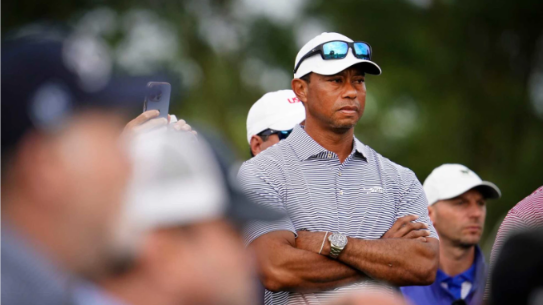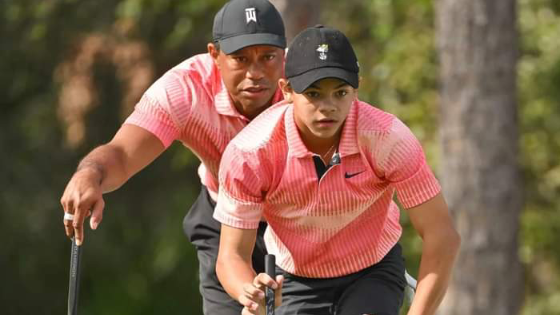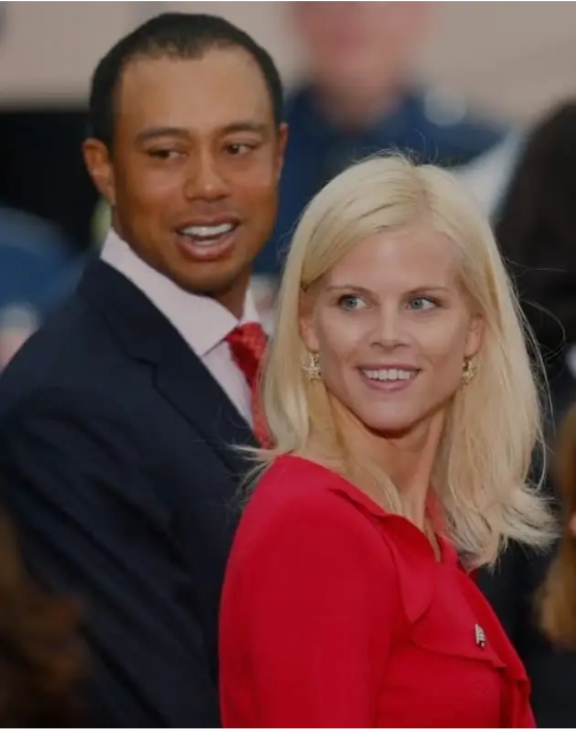Swiss Tennis Idol Roger Federer is Contested, But Not by Rafa or Djoko
In the annals of sporting history, certain athletes have transcended their fields to become symbols of broader societal movements. One such luminary was Mohammed Ali, formerly known as Cassius Clay, whose conscientious objection to the Vietnam War reverberated far beyond the boxing ring. Refusing induction into the American army, Ali famously stated, “I ain’t got…
In the annals of sporting history, certain athletes have transcended their fields to become symbols of broader societal movements. One such luminary was Mohammed Ali, formerly known as Cassius Clay, whose conscientious objection to the Vietnam War reverberated far beyond the boxing ring. Refusing induction into the American army, Ali famously stated, “I ain’t got no quarrel with them Vietcong. No Vietcong ever called me nigger,” sacrificing three pivotal years of his career for his principles.
Fast forward to contemporary times, and the nexus between athletics and political activism has only intensified. From the #MeToo movement’s revelations about Larry Nassar’s abuse within the U.S. Women’s National Gymnastics Team to Colin Kaepernick’s silent protest against racial injustice during the national anthem, athletes are increasingly using their platforms to effect change and challenge societal norms.
Even the international stage of sports has become a battleground for political expression. In response to Russia’s invasion of Ukraine, the Paris 2024 Olympics imposed sanctions barring any display of Russian or Belarusian flags, anthems, or colors—a stark illustration of the intertwined nature of sports and geopolitics.
Yet, amidst this growing politicization of sports, there remains a figure whose apolitical stance seems almost antiquated: Roger Federer. Much like Switzerland’s traditional neutrality, Federer’s refusal to engage in political discourse stands out in a landscape where athletes are expected to take a stand.
However, critiquing Federer’s non-political stance is not without its risks. Just as scholars have faced backlash for challenging accepted myths, Federer’s Swiss critics walk a delicate line when attempting to demythologize the tennis legend. To dismantle the myth of “Rodger” is to challenge a cultural icon, raising questions about where the line between reverence and scrutiny lies.
In a world where even figures like Guillaume Tell and Heidi may not be immune to scrutiny, the debate over Federer’s place in the pantheon of sporting legends underscores the complex interplay between sports, politics, and mythology in modern society. As the boundaries continue to blur, the legacy of athletes like Federer serves as a reminder of the enduring power of both athletic prowess and ideological conviction.
